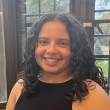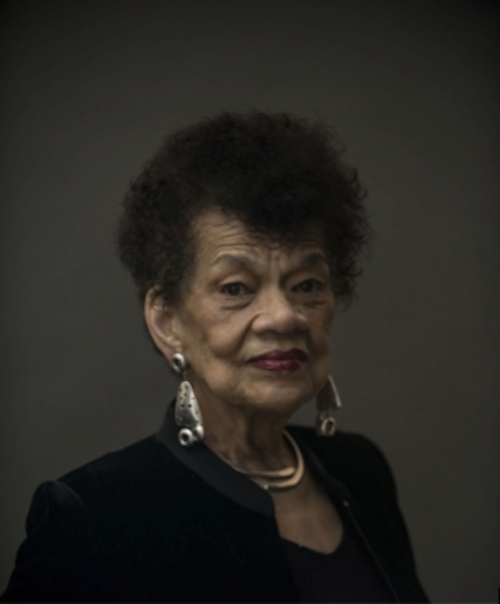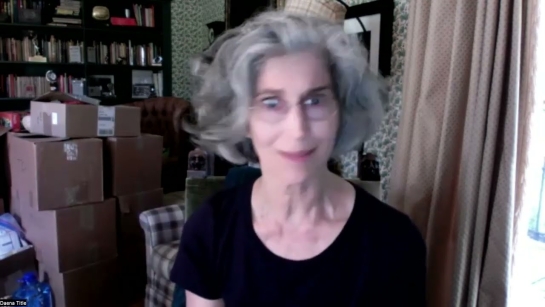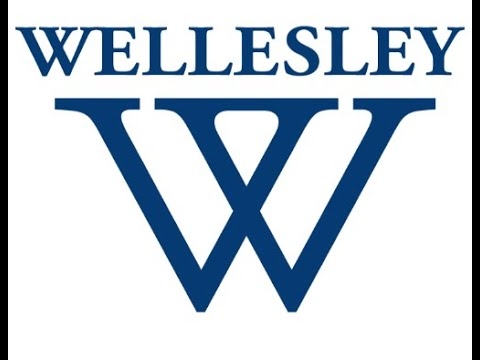Susan L. Wagner ’82 Career Advising Program
The Susan L. Wagner ’82 Career Advising Program
What do you want to be when you graduate? Rest assured that most Wellesley students are unsure about their career paths and even those that feel certain often do — and should! — change their course. When beginning your career journey, it can be tempting to imagine that it will be one straight line. However, as countless alums will tell you, that’s not the way it works — and that’s a good thing! As the Bureau of Labor Statistics reports, the average worker will have 12-15 jobs in 5-7 different career fields in her lifetime.
Career Exploration
Regardless of what year you are at Wellesley, we are here to help you explore potential career paths. Every student is matched with an Advisor for Career Exploration (ACE), who is available for conversations about your values, strengths, and interests. Your ACE will provide the mentorship, tools, connections, and space for self-assessment and reflection to identify the paths you want to pursue. Schedule an appointment in Handshake to meet with your ACE as follows:
- First Years: Hayley Meredith McIlvaine, ACE for the Class of 2027
- Sophomores: Ariane Baker, ACE for the Class of 2026
- Juniors Ariane Baker, ACE for the Class of 2025
- Seniors: Marisa Crowley, ACE for the Class of 2024
On our Career Exploration page, we have broken down some of opportunities to get you started in thinking about your career journey!
Career Advising for Specific Industries and Fields
You may already have some inclination about what industry or field you might like to work within. You also may still be quite uncertain — and that is both normal and completely okay! You don’t need to know exactly what you want to do to meet with a specialized Career Advisor — simply having curiosity about a field or industry is a great place to begin.
To meet with an industry/field specific Career Advisor, make an appointment in Handshake by selecting “Career, Internship, and Graduate School by Industry/Field.“ If you aren’t sure which Advisor covers your field of interest, email careereducation@wellesley.edu and we’ll point you in the right direction! The categories are broadly encompassing, so no matter what your career interests are, there is an Advisor who can work with you to explore the fields you are considering.

Sign up for Industry newsletters by filling out your Career Interest profile in Handshake. You’ll receive advice specifically related to the industries of your interest, along with highlighted events, resources, jobs, internships, and fellowship opportunities in your field of interest. Subscribing to multiple newsletters is a great way to explore career options!

Career Essentials: Resumes, Cover Letters, Interviews, & More!
Through the Career Essentials workshop series, you will develop skills and the foundational knowledge necessary to navigate career development. Learn about resumes, cover letters, interviewing, informational interviewing, negotiation, and personal statements.
Recruiting Timelines for Specific Industries and Fields
Many industries have different recruiting schedules—learn about timelines and career paths, and explore your interests with the help of our industry/field specific Career Advisors, and through the drop-downs below!
Career Advisors
Peer Career Mentors
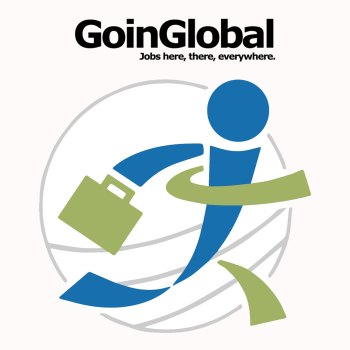
Explore Employment Around the World with GoinGlobal
GoinGlobal is the leading provider of both country-specific and USA city-specific career and employment information. Our unlimited access subscription database features 38 Country Career Guides, 53 City Career Guides for the United States and Canada, corporate profiles and more than 16 million internship and job listings within the USA and around the world.
Entertainment
Today's entertainment industry includes everything from the large scale productions of the Hollywood studio system, to the independent work being done within smaller markets, to the new media offerings adapting at the fringe of established distribution channels. A lot of attention and publicity is given to the “above the line” careers such as directing, producing, writing, and acting, but just as many career opportunities are available within support industries like post-production, entertainment law, talent representation, public relations and marketing, and social media.
“I think art’s first goal is to remind us that we are human...”
Discounted Princeton Review Test Preparation
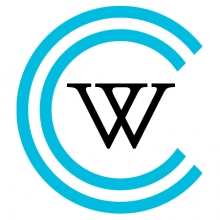
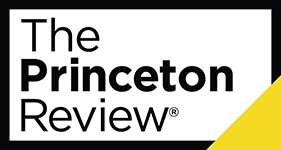
Wellesley College has a contract with the Princeton Review that allows all students to get a 50% discount on any test prep courses. This includes the MCAT, GMAT, LSAT, GRE, and DAT.
How to Sign up for Industry Newsletters

Update your Career Interests in Handshake to sign up for Industry-Specific Newsletters!












